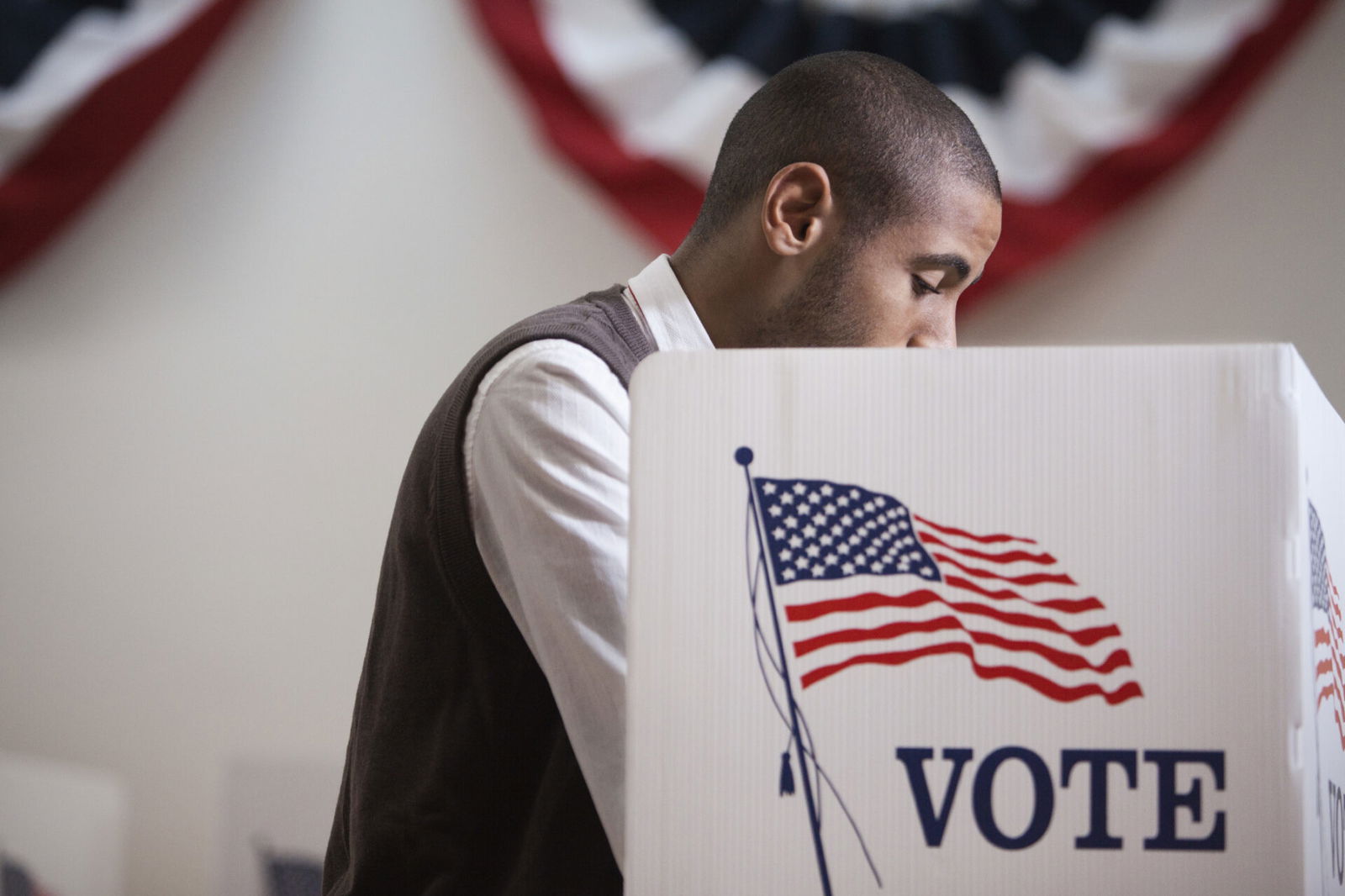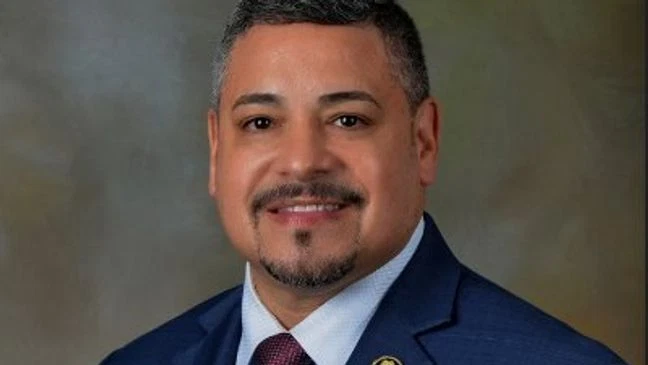
September 15, 2024
NYC Lawmakers Approve Bill To Study Reparations, Now Headed To Mayor’s Desk For Approval
Mayor Eric Adams has signaled his support for the bill.
New York City legislation that would allow for the study of the city’s role in the transatlantic slave trade and the consideration of reparations is heading to Mayor Eric Adams’s desk for final approval after the New York City Council approved the legislation on Sept. 12.
According to the Associated Press, Council Member Farah Louis, a Democrat who sponsored one of the bills approved by the council, told the New York City Council that opponents often see reparations as merely a call for compensation, but the effects of the conditions that created a need for reparations continue to affect Black Americans today.
In her remarks, Louis cited redlining, environmental racism, and services in predominantly Black neighborhoods being consistently underfunded as examples of things that are still working against Black people in 2024.
As reported by The Gothamist, Louis said ahead of the vote that the bill she sponsored was supposed to have been put to a vote months ago but stalled due to political infighting.
“Even within our own ranks, there were those –- particularly among Black and brown legislators –- who were reluctant to engage with this sensitive issue, fearing the potential consequences,” Louis said.
Mayor Adams’ office signaled his support for the bill through a statement released by City Hall that characterized the legislation package as “another crucial step towards addressing systemic inequities, fostering reconciliation, and creating a more just and equitable future for all New Yorkers.”
According to The Gothamist, Adams said at a press conference in December 2023 that the creation of wealth can be traced back to slavery. Presumably, Adams was referring to the wealth of certain institutions or companies like New York Life Insurance, which insured enslavers and charged premiums based on the appraised cost of enslaved persons.
“We never really dealt with or reckoned with slavery, and there are some institutions that wealth is directly connected to slavery. It’s not like it’s a mystery,” Adams said.
Across the country, there have been mixed results with the various pushes from cities and states to address reparations in lieu of the federal government’s long inaction on the issue. As BLACK ENTERPRISE previously reported, California’s efforts ended up with two critical pieces of their legislative body’s ambitious proposals left on the cutting floor, allegedly over concerns that Gov. Gavin Newsom would have vetoed them.
In February, after the city initially approved reparations, San Francisco cut its reparations package. San Francisco Mayor London Breed, a Black woman, reasoned that in addition to the budget crunch faced by the city, she did not believe that reparations should be addressed at the local level but at the federal level.
Evanston, Illinois, became the first city in America to officially make payments to its Black citizens for reparations, making some payments of $25,000 to residents in 2023. That city’s successful, if limited, program has effectively opened the doors for other cities, like New York, to consider making payments to its citizens for historic and targeted discrimination against Black people.
In August, Tulsa, Oklahoma, the site of the infamous destruction of Black Wall Street in 1921, voted to create a commission similar to the one that New York City created in 2021 thanks to then-Mayor Bill DeBlasio’s racial justice initiative, which contained a recommendation that the city track the cost of living and commit to addressing “past and continuing harms.”
Ahead of the council’s vote, Linda Tigani, the Racial Equity Commission executive director (CORE), said at a press conference, “Your call and your ancestors’ call for reparations had not gone unheard.” According to a financial impact analysis of the bills, the cost to complete the studies will cost approximately $2.5 million.
RELATED CONTENT: New York State Reparations Committee Sets First Meeting








